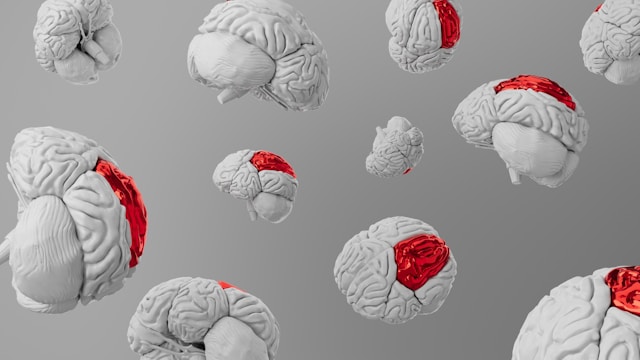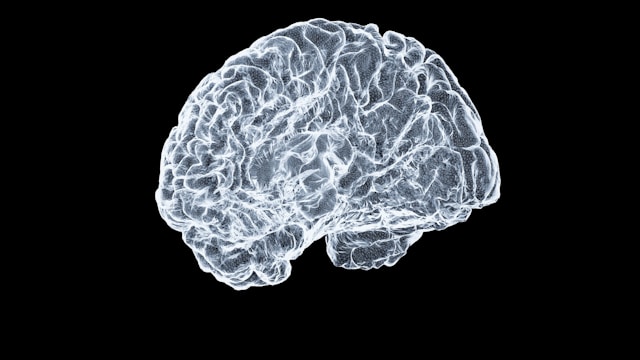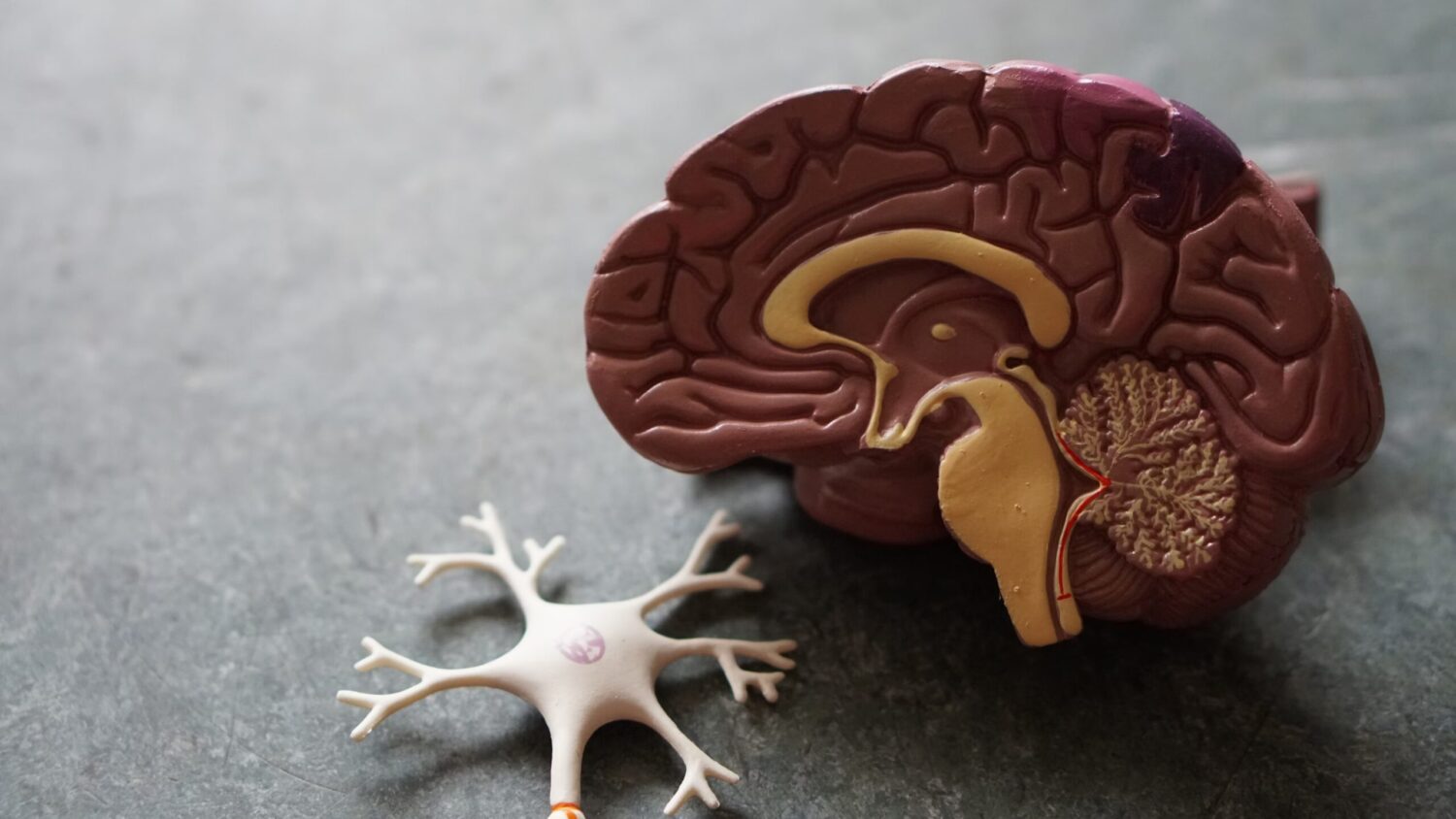Author:
V.I. CKBOPTSOBA, L.V. Stakhovskaya, Y.P. Narcissas, M.K. Bodykhov, I.V. Kichuk, Yu.V. Gudkova, T.A. Soldatenkova, T.T. Kondrashova, E.V. Kalinina, M.A. Novichkova, O.B. Kerbikov
Department of Fundamental and Clinical Neurology of the Russian State Medical University, Research Institute of Cytochemistry and Molecular Pharmacology, Moscow
Place of publication:
Stroke, 18, 2006
Summary:
patients with an ischemic stroke at the age of 45–85 years (51 people) entered the first 24 hours from the onset of the disease were included in the study. Mexidol was introduced at a dose of 300 mg/day 24 patients for 14 days from the beginning of the stroke. The placebo was introduced by 27 patients according to a similar scheme. A reliable advanced dynamics in the regression of neurological disorders on the NIH scale by the 14th day of the disease in the group of patients who received Mexol compared to the placebo group (p <0.05), as well as a reliable functional restoration (the dynamics of the clinical score on the Bartel scale at 21, were identified. -y day; p <0.05) in patients included in the study in the first 6 hours of the disease. The normalization of the functional activity of the brain was established in the treatment of Mexidol, including during acute pharmacological test. The complex of studies of the antioxidant system revealed an increase in the activity of its enzymes (superoxidsmutase, glutathioneperoxidase, glutathioneuctase) with the introduction of Mexidol compared to placebo. When analyzing the enzymes of the respiratory chain of mitochondria, an increase in the activity of succinate dehydrogenase was noted. Thus, a reliable clinical confirmation of the effectiveness of Mexidol was obtained in the acute period of ischemic stroke in the carotid system of an atherotrombotic or cardiembolic pathogenetic type, especially with an early (up to 6 hours) its appointment; The mechanisms of action of the drug (antihypoxic, antioxidant) in clinical conditions are clarified.










